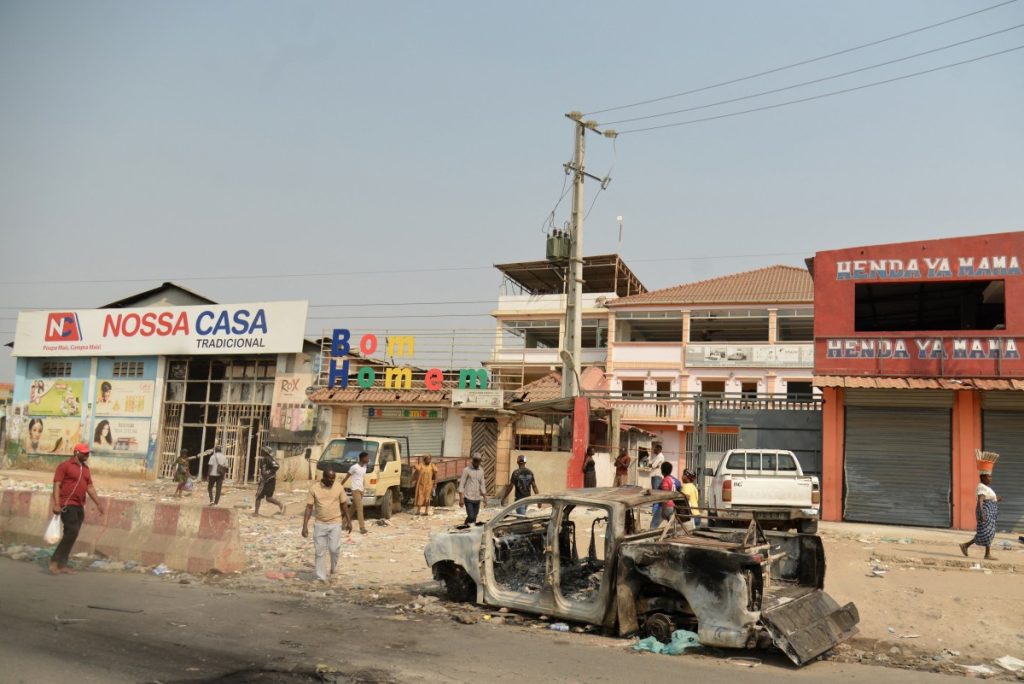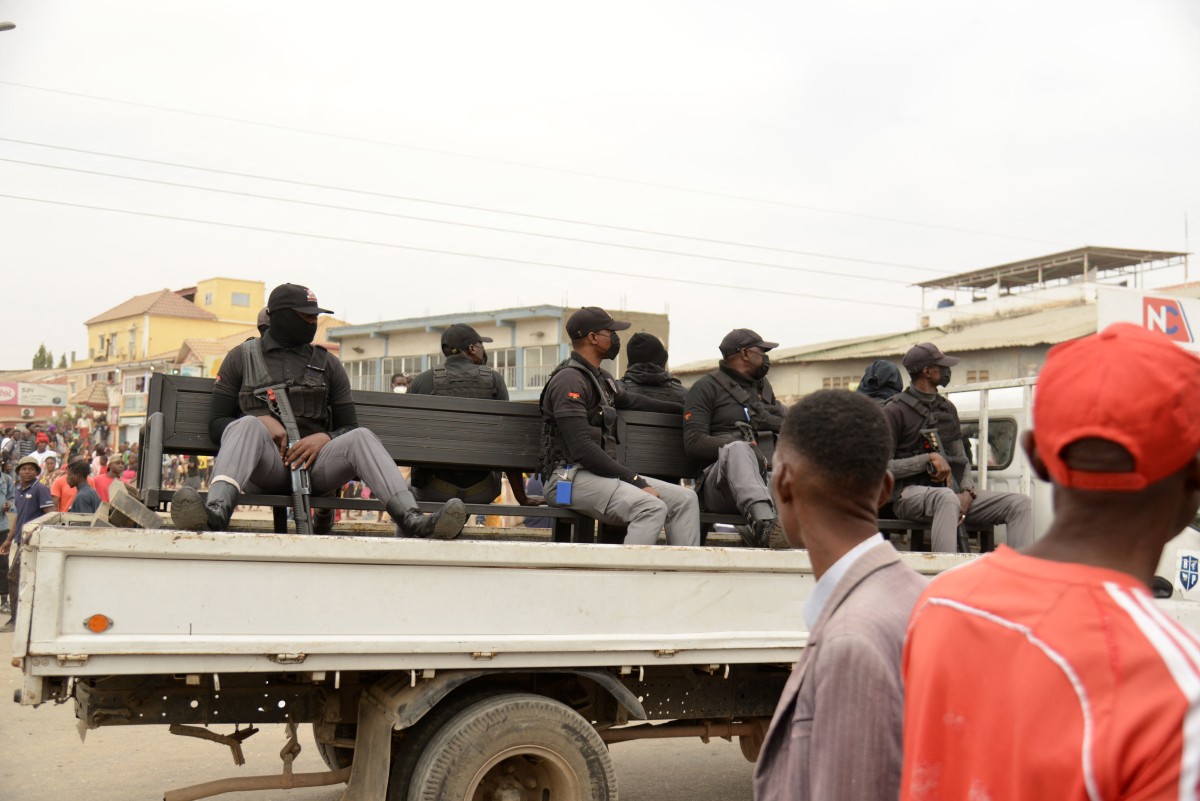After two days of turmoil and looting in Angola sparked by a protest against rising fuel prices, the government reported Wednesday that 22 people lost their lives, while a fragile calm returned to the capital.
The violence began on Monday, coinciding with the initial day of a strike initiated by taxi drivers in response to the fuel price increase that took effect on July 1 in the oil-rich country where many citizens live in poverty.
This unrest marked one of the most severe incidents in years in the southern African nation, which has been under the rule of the MPLA party since 1975.
Gunfire could be intermittently heard throughout Luanda and other cities on Monday and Tuesday as looters targeted shops and clashed with law enforcement.
According to officials, nearly 200 individuals suffered injuries during the turmoil, and over 1,200 people were taken into custody.
Shoppers raided grocery stores and warehouses, making off with food and other essentials, resulting in damage to 66 businesses, according to Homem.
On Wednesday, the streets of Luanda appeared tense and mostly deserted, although there were some lines outside gas stations and select shops, as reported by AFP journalists.
A substantial deployment of security forces was evident. Many businesses remained shuttered, but public transport began to resume following a two-day halt gradually. As the protests extended beyond the capital, a statement released after a meeting of ministers indicated that vandalism and rioting had created a “climate of widespread insecurity.”

In the southern city of Lubango, police confirmed that an officer shot and killed a 16-year-old on Tuesday, who was part of a group attempting to breach the local headquarters of the ruling MPLA party, according to a statement.
The strike was the latest in a series of demonstrations occurring this month after the fuel price was increased from 300 to 400 kwanzas ($0.33 to $0.43) per litre on July 1.
The government’s decision to reduce its substantial fuel subsidies reportedly followed requests by the International Monetary Fund for greater public spending on health and education.
However, this move has fueled anger among the country’s 36 million residents, who are already grappling with inflation of around 20 per cent and an unemployment rate nearing 30 per cent.


 Trending
Trending 